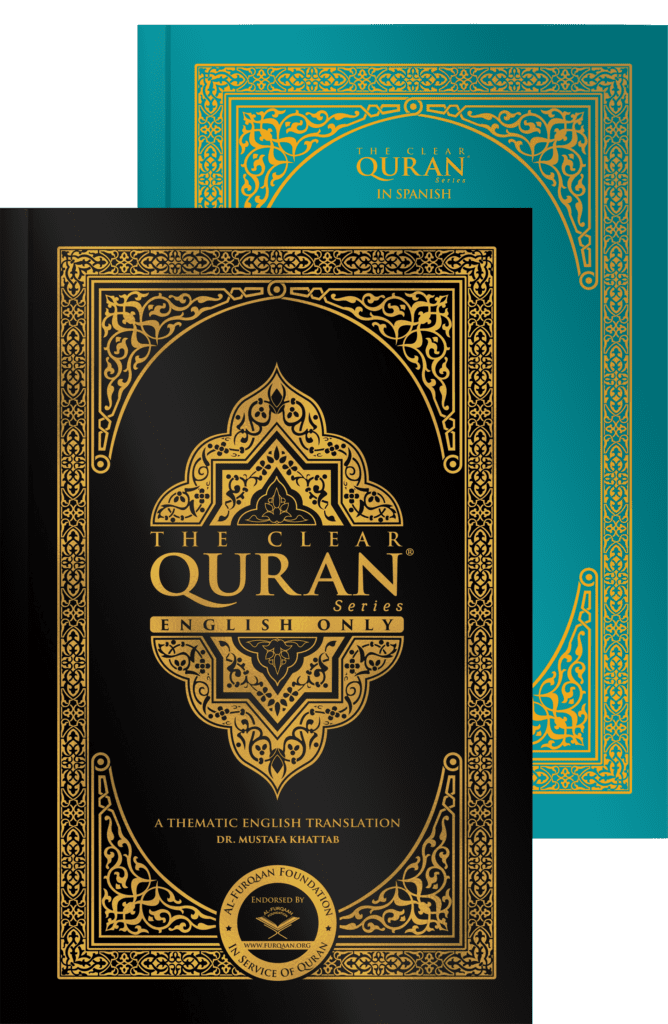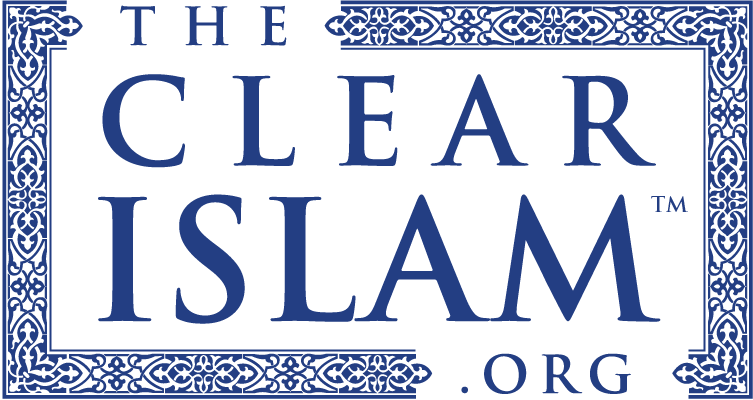The Quran: a divine revelation
The Quran is the sacred scripture of Islam, believed by Muslims to be the final and literal word of God (Allah) revealed to the Prophet Muhammad (PBUH) over a period of 23 years. It is not a storybook or a historical account in chronological order; it is a book of guidance for all humanity.
The Nature of the Revelation Muslims believe the Quran was revealed by God to Muhammad (PBUH) through the angel Gabriel. The Prophet, who could not read or write, would recite the verses to his companions, who would memorize them and write them down on whatever materials were available. The entire text was meticulously preserved and compiled into the book we have today, which remains unchanged in its original Arabic language for over 1,400 years.
The central theme of the Quran is the oneness of God and the relationship between God and His creation. It lays out a complete code of life, covering:
- Theology: Who God is, and who He is not.
- Morality & Ethics: How to be a good person, parent, neighbor, and citizen.
- Law & Justice: Principles of social justice, fairness in business, and family law.
- History: Stories of previous prophets like Abraham, Moses, and Jesus to teach lessons.
- Purpose: Answering life’s big questions: Why are we here? What happens after we die?

How is the Quran Structured? The Quran is divided into 114 chapters, called surahs. The chapters are not arranged chronologically but roughly by length, from longest to shortest. Each verse is called an ayah, which means “a sign.” For Muslims, every verse of the Quran is a sign pointing toward the Creator.
The Quran is meant to be read, recited, and reflected upon. Its language is celebrated for its unparalleled beauty and eloquence, and its recitation is considered a profound act of worship.
